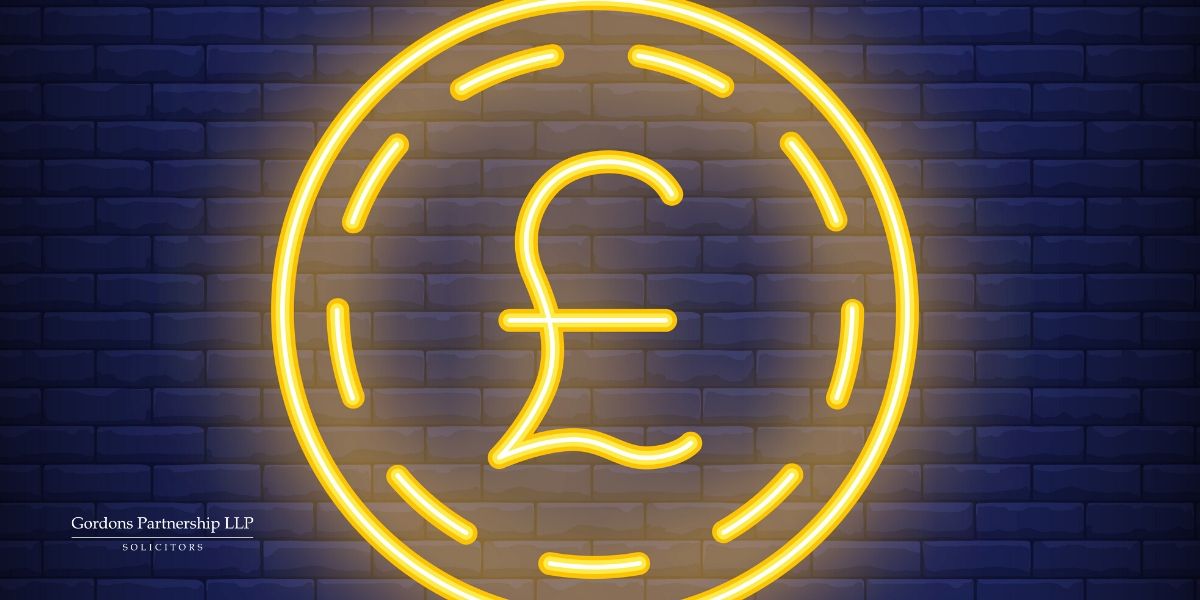Chemist+Druggist published an article written by our Healthcare Regulatory Lawyer, Susan Hunneyball.
Read the full article below.
“Pharmacists, and other healthcare professionals, are doing a fantastic job of holding healthcare together in these difficult times. This makes it even more disheartening to see accounts of a small minority of companies who are trying to get the maximum profit out of the pandemic. The £10 bottle of sanitiser hit the headlines in the first weeks of the pandemic; that now seems cheap, and there are reports of baby milk being sold for £155 on internet sites.
The question of unfair pricing is complex and covers a spectrum from the independent entrepreneur to big drug companies.
Big pharma
The Court of Appeal has looked at unfairness in pricing in a judgement handed down on 10 March of this year. Pfizer and co-defendant Flynn Pharma Ltd appealed against the imposition of a large fine by the Competition and Market Authority (CMA). The case considered the pricing of Phenytoin Sodium capsules. The capsules increased in price by up to 2,680% from pre-2012 to 2016, the effect of which was borne by patients, the NHS and taxpayers. The court held that in deciding whether there had been an abuse of a dominant position, a range of methodologies could be used, but the basic test was whether a price was “unfair”. A price which was excessive because it bore no reasonable relation to the economic value of the goods or service was an example of an unfair price.
The issue of abuse of a dominant position will be reconsidered by the CMA now the test has been clarified so it seems as though there is useful guidance in relation to the pharmaceutical giants at least.
Smaller entities
But what about the smaller entities; the opportunistic profiteers?
General Pharmaceutical Council Chief Executive, Duncan Rudkin made a statement on 20 March 2020 saying:
“By contrast, the actions of a small minority are raising concerns and anger within the profession itself and more widely. Profiteering to take selfish advantage of the current challenging situation, whether with prices of shortage products or locum rates, risks bringing the profession into disrepute at a time when public confidence generally is so fragile, and so important.”
This seems like a warning shot across the bows of profiteers. It is easy to think of possible breaches to the standards for pharmacy professionals that would occur in the exploitation of the pandemic shortages for personal gain. It is unlikely that the choice of words “risks bringing the profession into disrepute” is accidental and it, of course mirrors the wording of the Fitness to Practise Rules which say that when the GPhC Fitness to Practise Committee is considering conduct of a registrant:
“the Committee must have regard to whether or not that conduct or behaviour …has brought, or might bring, the profession of pharmacy into disrepute.”
The professional sanctions could, therefore, be severe.
Criminal offence?
There are also issues that arise if the interaction is more personal, for example a pharmacist dealing with a vulnerable patient.
Each case turns on its own facts but a person will be guilty of the offence if they occupy a position where they should safeguard (or not act against) the financial interests of another person and instead they dishonestly abuse that position to make a gain or cause a loss.
Overseas action
Other countries are taking a hard line against profiteering. The Taiwanese government, where there was a problem with the supply of face masks, took control of face mask distribution from the private sector on 31 January this year, ensuring there would be no hoarding of supplies or exploitative pricing. In addition, selling restricted products such as masks/rubbing alcohol without a permit is a punishable offence with fines of up to NT$2 million (just over £50,000).
What is happening now?
It is unlikely that the UK government would go to these extremes but what are they doing? On 5 March 2020 the CMA issued a statement warning traders not to exploit the coronavirus outbreak to take advantage of people. They said traders should behave responsibly and not charge vastly inflated prices or make misleading claims, for example about the efficacy of protective equipment.
CMA Chair Lord Tyrie said “We will do whatever we can to act against rip-offs and misleading claims, using any or all of our tools; and where we can’t act, we’ll advise government on further steps they could take, if necessary.”
On 20 March the CMA went further and said they were launching a task force to, among other things:
- Scrutinise market developments to identify harmful sales and pricing practices as they emerge.
- Warn firms suspected of exploiting the exceptional circumstances, and people’s vulnerability, through unjustifiable prices or misleading claims. (The CMA has already contacted traders and platforms regarding excessive pricing of hand sanitiser.)
- Take enforcement action if there is evidence that firms may have breached competition or consumer protection law and they fail to respond to warnings.
- Equip the CMA to advise the government on emergency legislation if there are negative impacts for people that cannot be addressed through existing powers.
In conclusion, this is not a new problem. Over a century ago, in 1919, the then President of the Board of Trade described the Profiteering Bill being debated as “a carefully considered measure to deal with what all thinking men must regard as a serious evil.”
But the virus emergency has highlighted the real problems caused by the profiteering of a small minority. Although there is nothing in the Coronavirus Bill as currently drafted, it looks as though the law may change if the exploitative behaviour continues.”
About the Author

Healthcare Regulatory Lawyer
D.D: 01483 366064
Tel: 01483 451900
Email: susan@gordonsols.co.uk
